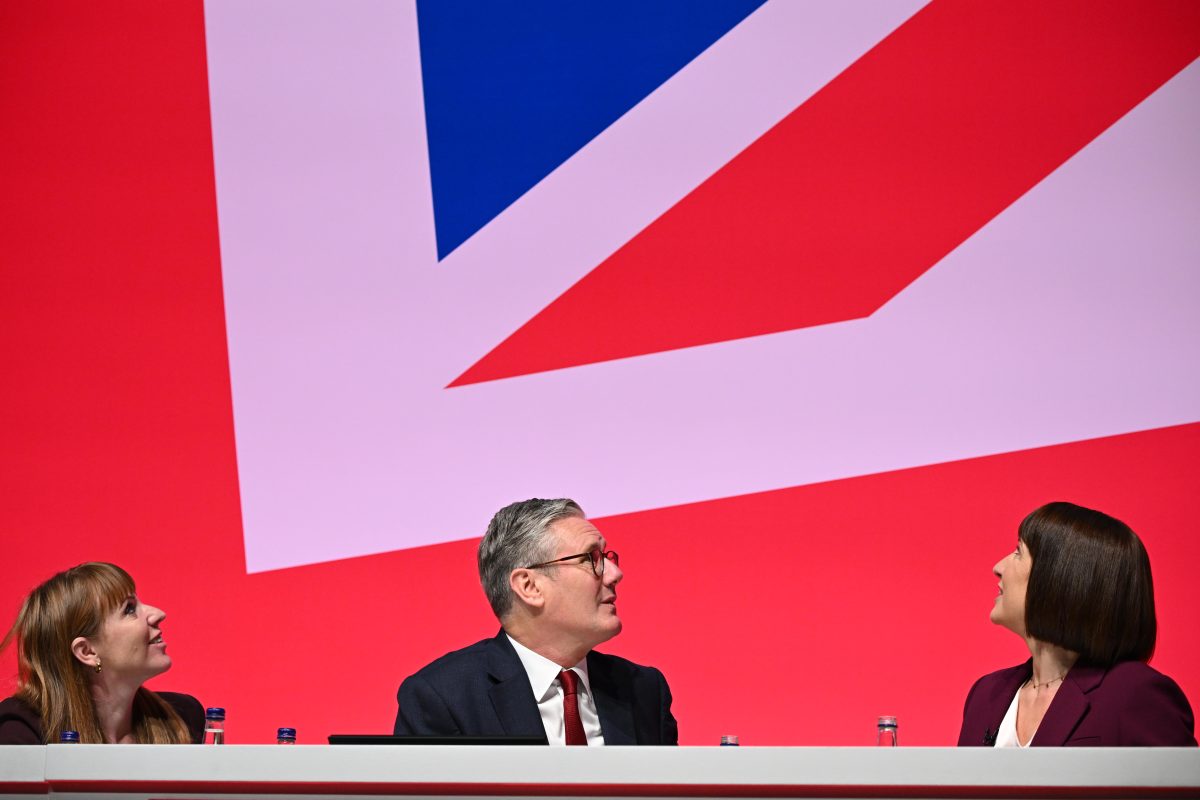Labour’s insistence on talking Britain down will only spur on further decline
In economics, the "animal spirits" of human emotion matter. So why is Labour determined to talk Britain down, asks Emma Revell.


In economics, the “animal spirits” of human emotion matter. So why is Labour determined to talk Britain down, asks Emma Revell
One of Liz Truss’ biggest mistakes, in an admittedly crowded field, was seeking to introduce frankly enormous shifts in tax policy without any warning or planning, in a ‘mini Budget’ which was unleashed on markets two years ago yesterday. The work had simply not been done in advance of her fiscal event to bring key stakeholders into the loop and ensure they were happy that the plan was workable before it was announced. Chancellors like to leave something to the imagination, the eagerly anticipated budgetary rabbit out of the hat, but it doesn’t serve them well if the entire thing is hidden behind the magician’s cloak until the last possible second.
Rachel Reeves seems set on doing the exact opposite. By the time the new Chancellor stands at the dispatch box to deliver her first Budget in late October, nearly 100 days will have passed since she made her shock claim of a £22bn black hole in the public finances – 100 days during which the public, businesses and markets have been drip-fed a narrative that the Budget will be “painful”, that the government will have to take “difficult decisions”, that the previous government had left Labour with “the worst inheritance since the Second World War”.
We will be so downtrodden, defeated and despairing that Reeves could announce almost any tax hikes she likes and we will probably consider ourselves relieved it wasn’t worse — such are the lengths Labour have gone to to spell out how bad the economy is and how much worse it is going to get.
No wonder then that consumer confidence has plummeted since the election. Data provider GfK announced last week that the steady upward trend in consumer confidence, driven by economic growth and falls in inflation at the start of the year, is over. Optimism over personal finances and the overall state of the economy took a sharp downturn in September, which experts attribute in part to the grim warnings emanating from Downing Street.
When Keir Starmer launched his party’s election manifesto, he promised to “lay a new foundation of stability” with “clear first steps [and] tough spending rules that will keep taxes and inflation low”. Yet within weeks of taking office, his party had claimed to have uncovered enormous public spending deficits – conveniently glossing over the role their pay awards to striking unions had played in creating said deficits – and were warning of tax hikes they had never even hinted at during the election campaign.
The great economist John Maynard Keynes got many things wrong, but he was right that the “animal spirits” – the emotions that affect consumer and investor confidence – can really matter. If Labour are, for their own ends, determined to talk in such bearish tones about their Budget plans, they should not be surprised if the economy heads in a bearish direction.
Moreover, the uncertainty around what measures might or might not be in Reeves’ first Budget is a far cry from the “stability premium” promised by Labour ahead of the general election. It’s prompted not just that fall in consumer confidence, but a glut of landlords and investors rushing to sell up ahead of a possible capital gains tax rise, and the harder to quantify but no less real flight of non-dom wealth out of this country.
I’m not arguing that politicians should shy away from delivering tough messages. I’ve written previously about the need for Keir Starmer to risk being unpopular if he is to achieve meaningful and necessary reforms around the NHS or housing. But when senior Cabinet figures seem unrelentingly committed to talking Britain down – to undermining our global standing as a country worth investing in, worth starting and growing a business in, even worth living in – you can’t help but think this new government has got its messaging dramatically wrong.
Emma Revell is head of communications at the Centre for Policy Studies



